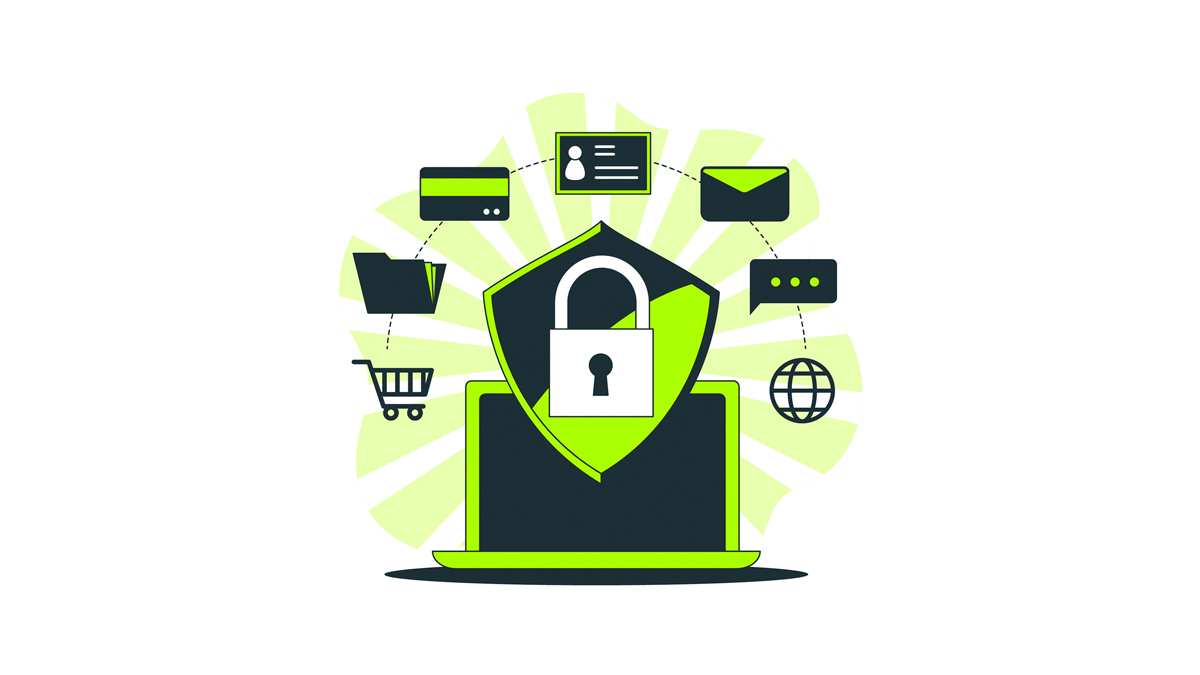News
Malicious apps are trying to steal your Facebook credentials
It’s becoming harder and harder to distinguish legitimate apps from malicious ones these days. Learn what to look for, what to avoid and what to do if your device gets infected.
Advertisement
Learn how to spot fake apps and what to do if they infect your device.
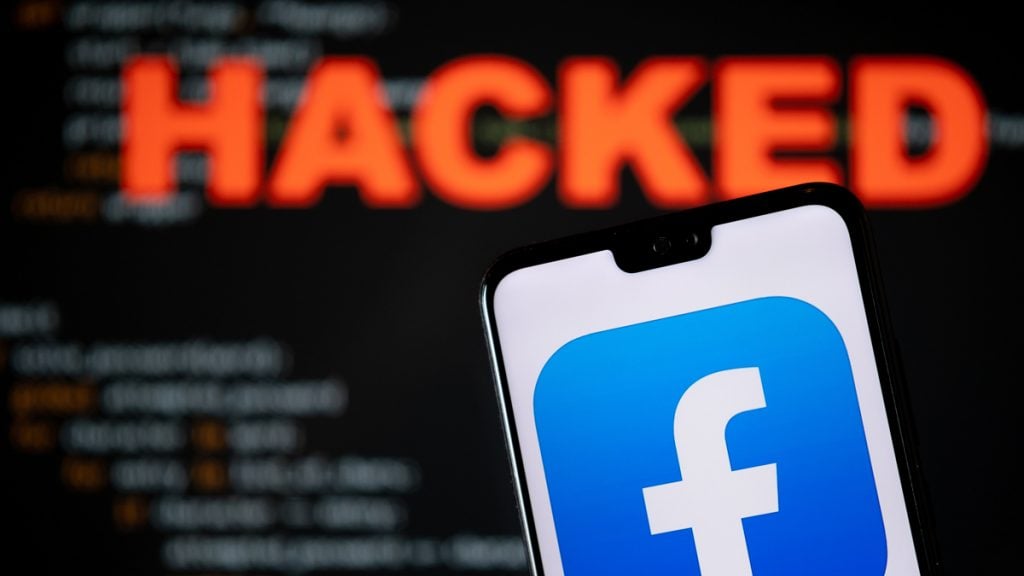
A new wave of malicious apps are stealing people’s Facebook credentials. These apps offer photo editing tools, horoscope, fitness tips and much more.
According to Meta, Facebook’s parent company, over one million Facebook users have had their log-ins stolen. These credentials were stolen by over 400 malicious mobile apps downloaded just in 2022 for both Android and iOS.
These apps are generally in the App Store and Google Play. They disguise themselves as VPN services, games, photo editors, horoscopes and many other resources.
David Agranovich, director of threat disruption at Meta, says that his team has reported these malicious apps to Apple and Google. According to him, measures have been put into place and all malicious apps were taken down shortly afterwards.
The team is alerting people who may have unknowingly compromised their Facebook accounts by downloading these malicious apps and sharing their credentials. They are also helping these people secure their accounts.
Nowadays, keeping malicious apps off your mobile phone is not an easy task. Despite the constant efforts from Google and Apple to keep these apps out of their online stores, they always manage their way back in. And recently, they are becoming harder to detect. Of the 400 malicious apps discovered by Meta, a large percentage were Android apps.
How to avoid downloading malicious apps?
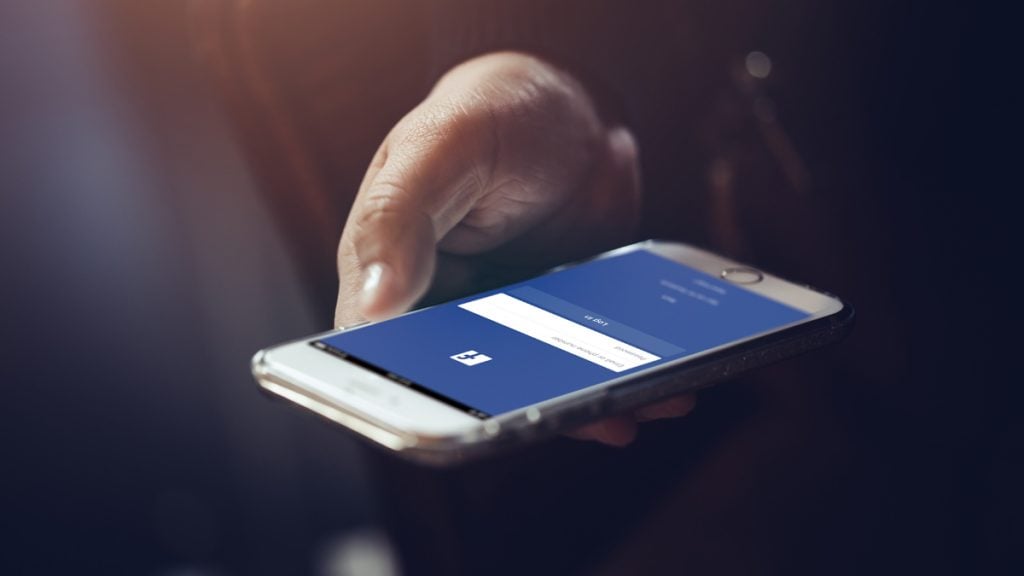
The best way to avoid putting your credentials at risk is to be careful when downloading new apps that ask for access to them. Some people would rather offer their log in details than register a new account, and that is where they thrive.
These malicious apps generally publish a lot of false positive reviews to trick more people into downloading them. So it’s important to browse through these reviews to see if the developer is not trying to drown anything out.
Once you install the app, it suggests a faster login via Facebook, which makes it possible for the maliciou app to steal your login credentials. If your information is stolen, the people behind these apps could gain access to your account and your friends list and gather private information.
But with some many apps that require new users to log in with their Facebook credentials, how can you be sure which ones are legit? By checking the reputation of the app before downloading it. See if it offers the resources it claims to, or if the app is only available if you provide your Facebook information.
If your device has been infected with a malicious app, Meta advises you to delete the app immediately. Once you do so, reset your Facebook password and enable two-factor authentication. Turning on log-in alerts also helps because you’ll be notified if someone else tries to access your Facebook account.
Check if you are pre-approved for credit cards and loans with no impact to your credit score
You will be redirected to another website
You’ll receive messages for less than 1 week, with a maximum of 1 message per day. You can unsubscribe anytime by replying STOP. By submitting this form, I confirm that I am 18+ years old and agree to the Privacy Policy and Terms and Conditions. I also provide my signature, giving express consent to receive informational messages via automated emails, SMS, MMS text messages, and other forms of communication. Message frequency may vary as part of our good-faith effort to respond to your inquiry. Message and data rates may apply. Text STOP to cancel. I understand that my consent to receive communications is not a condition of purchase and that I may revoke my consent at any time.
Cybersecurity checks: learn how to protect yourself
In this day and age, cyber attacks are more common than ever. That’s why it’s important you learn how to keep your personal information safe. Follow the link below to learn more about the matter and how you can protect yourself and your devices.
Trending Topics

What is the meaning of YOLO?
Do you know the meaning of yolo? This post will tell you everything you need to know about the popular acronym.
Keep Reading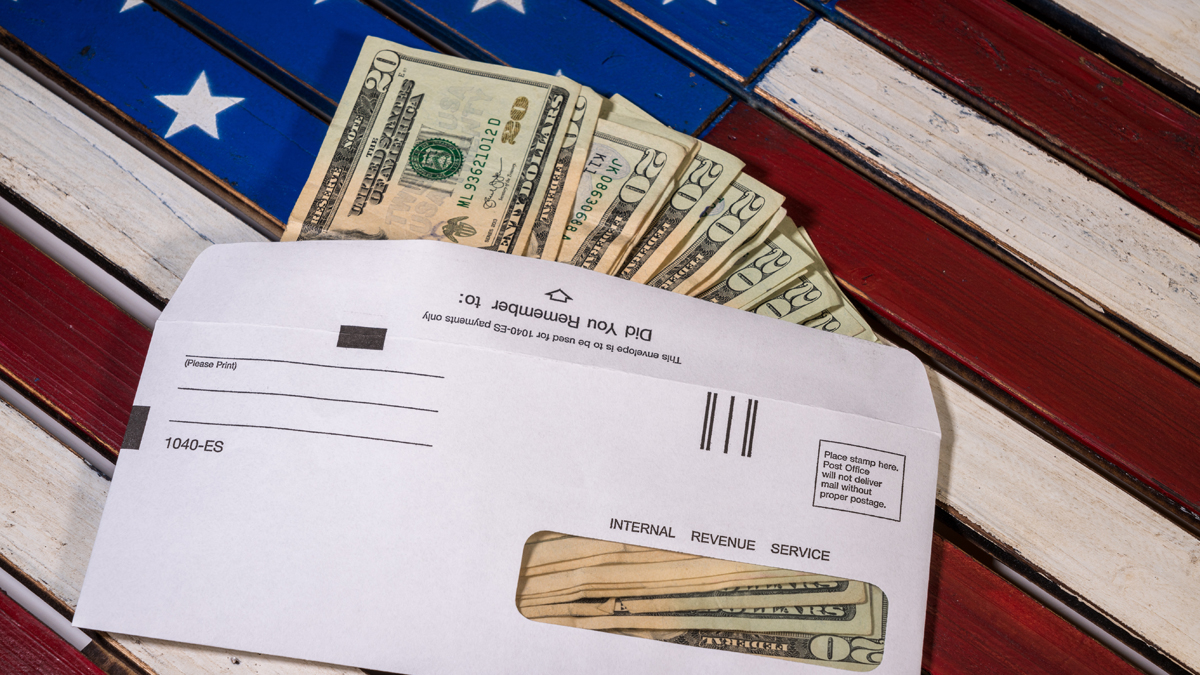
How to claim Child Tax Credit and Stimulus payments
If you still haven’t claimed your Child Tax Credit or Stimulus payments, you’re running out of time to do so. Check how you can do it here!
Keep Reading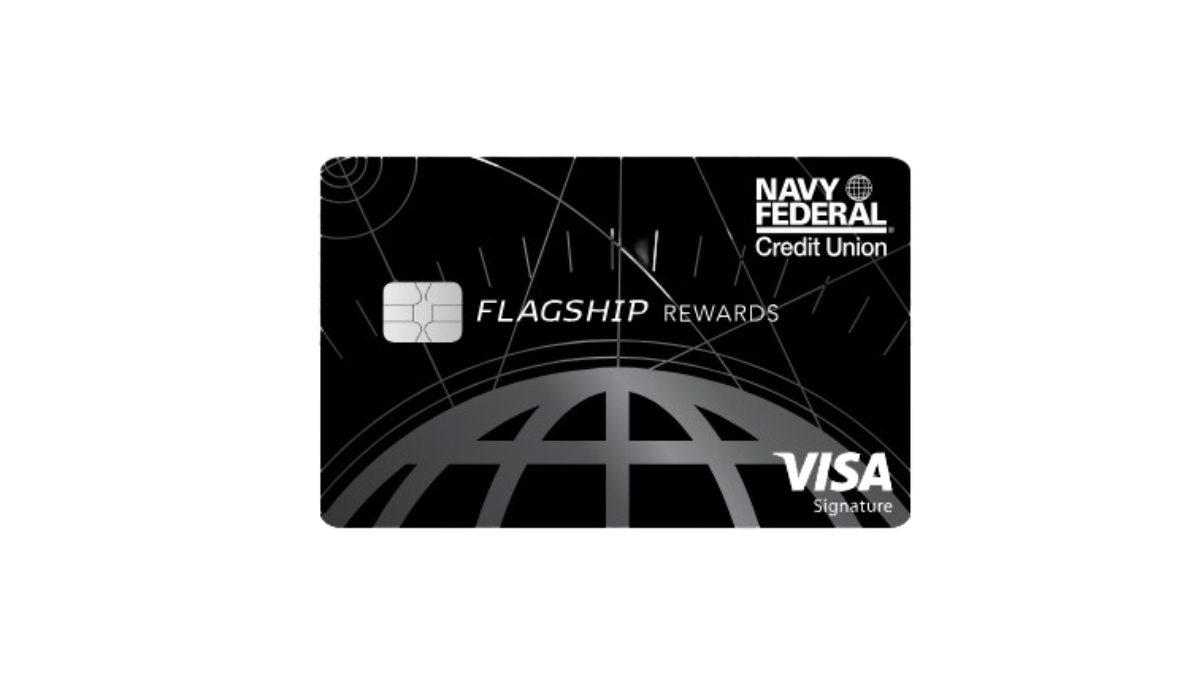
Navy Federal Visa Signature® Flagship Rewards Review: Earn points
Chart a course to rewards by reading this Navy Federal Visa Signature® Flagship Rewards review! Earn points on travel!
Keep ReadingYou may also like

American Express® Green Card: Earn 40K bonus points!
See how to apply for the American Express® Green Card in this review, elevate your rewards and premium perks - up to 3 points on purchases!
Keep Reading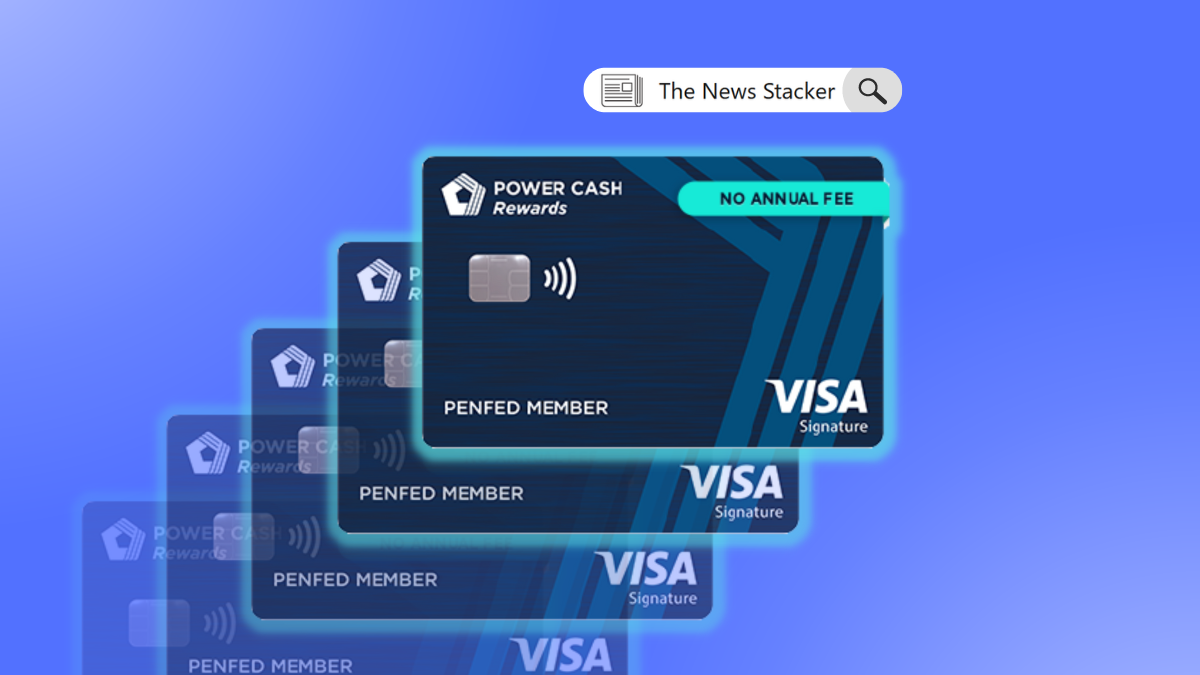
PenFed Power Cash Rewards Visa Signature® Card review
Check out our PenFed Power Cash Rewards Visa Signature® Card review to learn how you can earn more on everyday purchases!
Keep Reading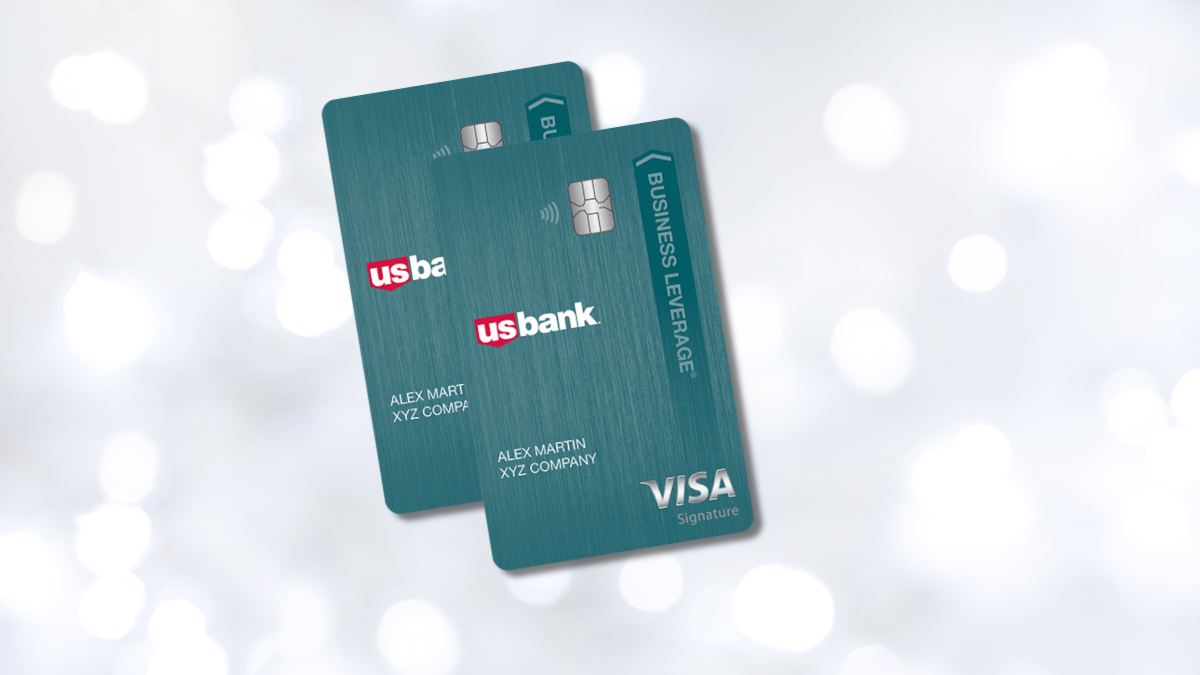
U.S. Bank Business Leverage® Visa Signature® Card: earn cash back
Discover the U.S. Bank Business Leverage® Visa Signature® Card review and get up to 2% cash back on business expenses and unlimited rewards!
Keep Reading